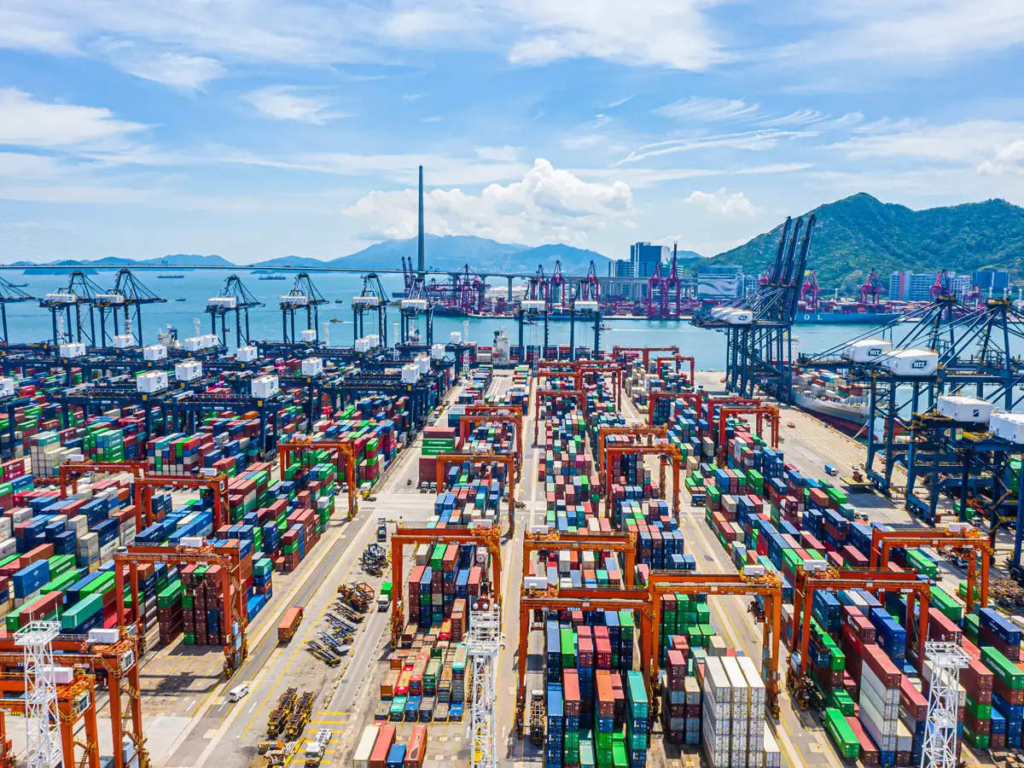India’s New Vadhavan Port: Infrastructure, Impact, and Economic Potential
On June 19, the Union Cabinet, headed by Prime Minister Narendra Modi, approved the construction of a major new port near Dahanu in Maharashtra’s Palghar district. This ambitious project will cost ₹76,200 crore and create an all-weather deep draft port.
The Vadhavan Port Project Limited (VPPL), a strategic alliance between the Jawaharlal Nehru Port Authority (JNPA), holding a significant 74% stake, and the Maharashtra Maritime Board (MMB), with a 26% stake, will spearhead the development of the port. This collaborative effort is set to enhance India’s connectivity with the India-Middle East-Europe Corridor, leveraging the power of public-private partnerships (PPP) to build state-of-the-art infrastructure.
According to Information & Broadcasting Minister Ashwini Vaishnaw, once completed, this port is expected to rank among the top 10 ports globally. The project also includes connecting roads to national highways by the Ministry of Road Transport & Highways and linking railways to existing networks and the upcoming Dedicated Rail Freight Corridor by the Ministry of Railways.
The planned Dahanu port will feature nine container terminals, four multipurpose berths, liquid cargo facilities, a Ro-Ro berth for vehicles, and a berth for the Coast Guard. The government plans to reclaim 1,448 hectares of sea and build a 10.14 km offshore breakwater and container storage areas. This infrastructure will handle 298 million metric tons of cargo annually, including 23.2 million TEUs of containers.
Upon its operationalization, the Vadhavan Port is poised to be a game-changer, not only in the shipping and logistics industry but also in the local economy. It is projected to generate a multitude of job opportunities, both directly and indirectly, potentially benefiting approximately one million individuals, a testament to its potential for socio-economic growth.

